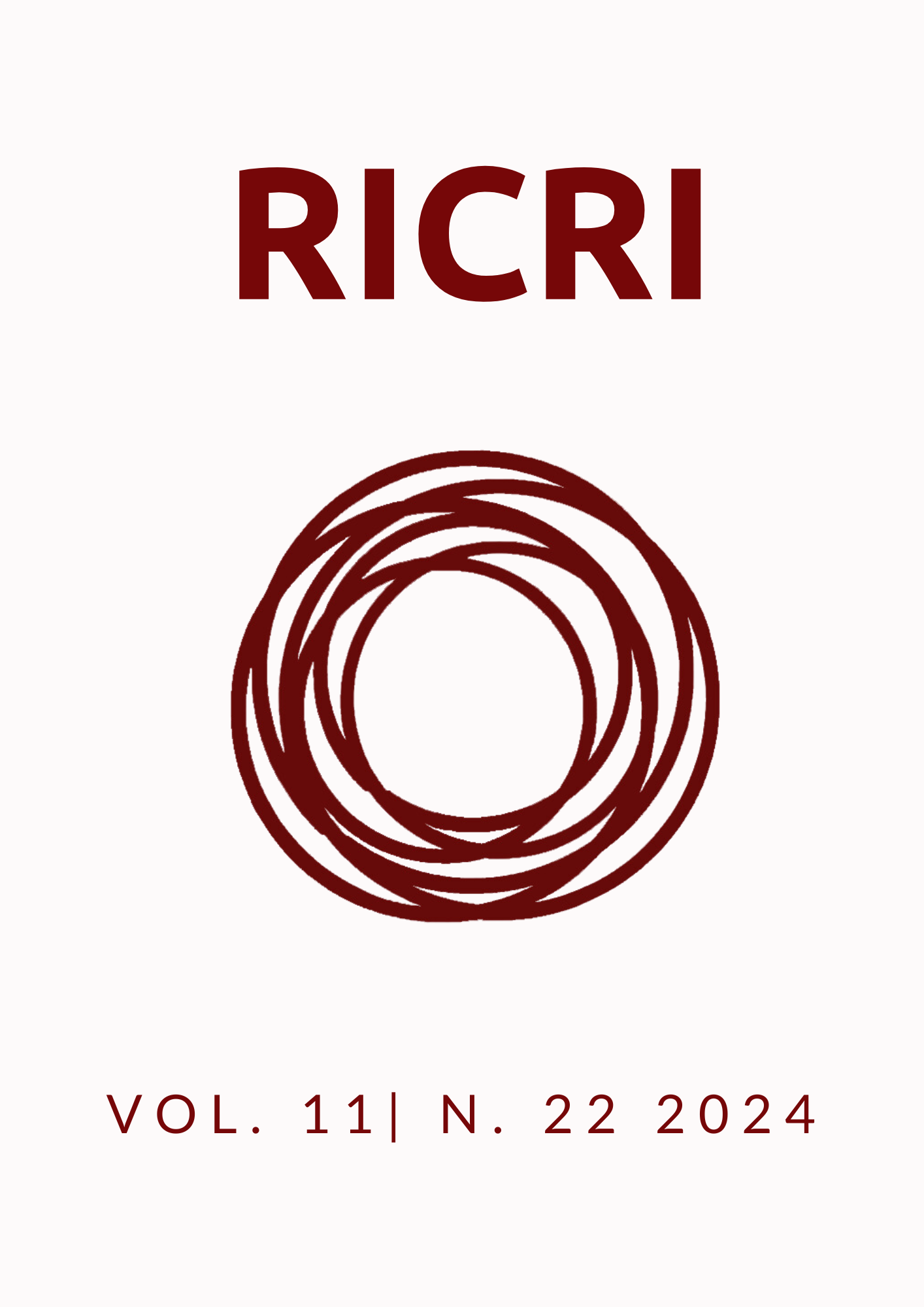The Region of Brazilian Strategic Surrounding
the South Atlantic identity in ZOPACAS
DOI:
https://doi.org/10.22478/ufpb.2318-9452.2024v11n22.67162Abstract
The research is developed within a context identified as a window of opportunity for a new ZOPACAS improvement. Given this, it seeks to answer the question: how does the Brazil-Cape Verde relationship affect the construction of identity in ZOPACAS? Thus, it is argued that the Brazil-Cape Verde bilateral relationship contributes to the revitalization of the South Atlantic identity of ZOPACAS. To test the argument, the general objective of the research is to analyze the construction of regional identity for ZOPACAS in the Brazil-Cape Verde relationship. To this end, the following specific objectives are outlined: (i) to present the notion of region as an ideational factor in the production of foreign policy; (ii) evaluate the construction of identity within the scope of ZOPACAS; (iii) verify the relevance of the Brazil-Cape Verde relationship in the construction of a South Atlantic identity. From these objectives, the research is designed from a narrative review with exploratory characteristics. At the same time, it makes use of quantitative analysis, through Automated Content Analysis techniques using the IRAMUTEQ software in Cape Verdean official documents; and a qualitative analysis of official Brazilian Defense documents that allow the analysis of the perception of these actors around the role of ZOPACAS in the international projection of Brazil in the region.
Downloads
Published
How to Cite
Issue
Section
License
Copyright (c) 2024 Journal of Scientific Initiation on International Relations

This work is licensed under a Creative Commons Attribution-NonCommercial 4.0 International License.
Authors who publish with this journal agree to the following terms:
a. Authors retain copyright and grant the journal right of first publication with the work simultaneously licensed under a Creative Commons Attribution License that allows for sharing of work with acknowledgment of its initial publication in this journal.
b. Authors are able to take on additional contracts separately for non-exclusive distribution of the version of the work published in this journal (e.g., post it to an institutional repository or as a book), with an acknowledgment of its initial publication in this journal.
c. Authors are permitted and encouraged to post their work online ( eg, in institutional repositories or on their website) at any point before or during the submission process, as it can lead to productive exchanges , as well as increase the impact and citation of published work ( See the Effect of Open Access).




